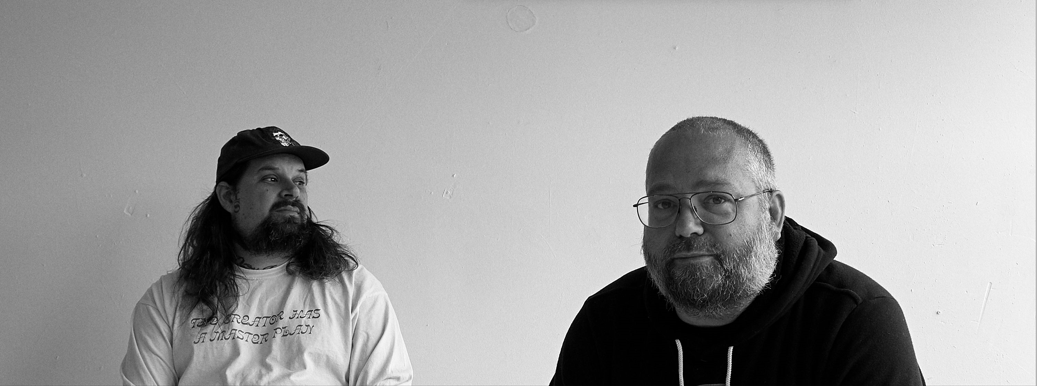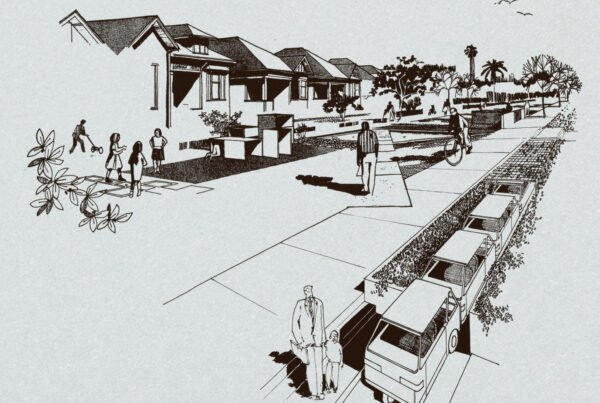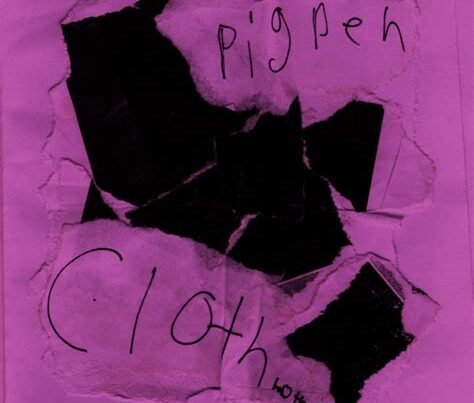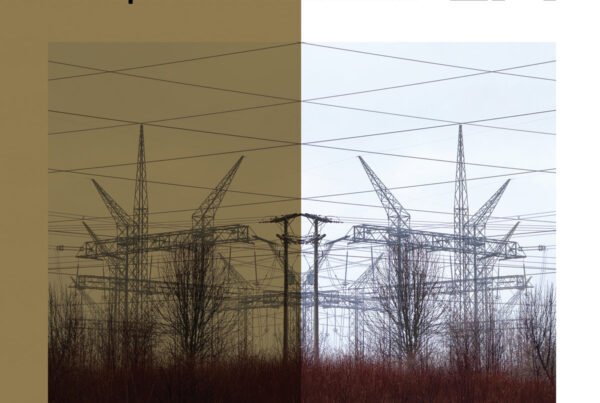The 7th album from The Body, The Crying Out of Things is another tour de force in discomfort, even if it doesn’t find them playing to their strengths throughout.
Release date: November 8, 2024 | Thrill Jockey Records | Bandcamp | Instagram | Twitter
The Body have been making dismal soundtracks to the hellscape we live in for 20 years. Throughout that time they’ve been mostly considered sludge but in truth have bred a style of their own. Through the more sludge style of I Will Die Here to the hellish pop of No One Deserves Happiness to the breadth of collaborations with like-minded (but not always like-sounding) artists, they’ve refused categorising other than a penchant for making the listener uncomfortable.
Their 7th individual album sees them once again create a tapestry of noise, shouts, distortion, and bleak atmospheres without submitting to a single sound of genre. Mixing live and electric drums, guitar chords and guitar noise as well as pure noise with more subdued atmospheres, The Crying Out Of Things is a typical The Body album, though maybe not always playing to their strengths.
The strongest parts of The Crying Out of Things are also the most overwhelming. What strikes me about the album is the back and forth between the oppressive guitar noise and the more considered electronic songs across the album. The album begins with this as opener – “Last Things” has booming drums to start before the customary sludge with Chip King’s caterwauling overscoring the atmosphere. From the outset we get a set of horns, creating a sort of mariachi nightmare. “Careless and Worn” has a similar tone as for a large part of the album, the guitars sound as if played through a broken amp or the car stereo of a 1990s shitbox car. The distortion and power is so overblown as to remove almost any of sense of tone or note, it is used as simply a way to create a wall of noise. Any note or melody is added with the continued use of horns alongside the range of pained screams.
Later in the album we have more of the guitar led tracks but with more audible chords and notes. While I wouldn’t quite call them clean, the audible notes give a sense of reality to what has so far felt a ‘sense of detachment’. With King’s trademark squall ever present, it’s the most like their earlier output we get and all the better for it. Away from the beats of much of the album and the pure noise of the earlier guitar tracks, this feels like what they do best. The walls of distortion are visceral with King’s vocals but with the more regular sludge stylings of “End of Line” there’s a real sense of power again. Closer “All Worries” has actual guitar notes too, one of only two songs where they’re actually hearable. Tonally a sombre beginning with sampled vocals a la Gregorian chant giving a grandiosity to the dismal overall character. A dronier feel finds King’s squeals at an even higher ear-piercing frequency in what is a fairly subdued ending even so.
Away from his pounding drums, for a large part of the album Lee Buford put the sticks away for a range of beats and electronics instead. Following the collaboration Orchards of a Futile Heaven with Dis Fig earlier this year it’s become a real theme of their year, building on the pop-styled No One Deserves Happiness and Everything That Dies Someday Comes Back (with Uniform) of previous years. Starting with “Removal” the electronic beats and sampled vocals beneath King’s vocal create a different, less dismal atmosphere, in contrast to him. The quieter sections allow the electronics to create a sinister quiet before the drums roar back to life. While the vocals of The Body will never stray beneath throat shedding, the electronics remove some of the intensity and give them space to breathe. Whether it’s necessary space or they’re better served as part of the tapestry of discomfort is up for debate. Having said that, even the muted electronics remove songs seem to find their way to the louder end by their conclusions, on “A Premonition” the beat switches up to a common hip hop beat on steroids while the distortion backs it up with King’s vocals atop.
“Less Meaning” feels a tonal balance between the two sides of the album as the beat begins off like a lofi version of digital hardcore, the tempo and simplicity very much driving at the direct sound of early Atari Teenage Riot. The texture remains fairly thin around it, with every sound soaked in distortion they’re somewhat left to their own devices until late in the song, in a way that by the third time around starts to become somewhat formulaic. The last of the electronic songs, “The Building”, is a mini-sequel to Orchards of a Futile Heaven, once again reuniting The Body with Dis Fig. Like their album it is less direct and aggressive than The Body’s usual sound with her half-talked clean vocals very much a counterpoint to King. When the beat kicks in and the synths ramp up we get both vocalists trading moves beneath a noisy wall that gives way to harsh noise, an all too fleeting moment of conflict which ends as quickly as it starts.
With the addition of the interlude “The Citadel Unconquered”, the more muted, electronic songs outnumber the louder guitar based songs but it is those sludgier numbers that stand out most. While The Body‘s experimentation with different sounds, textures and dynamics are more apparent through more use of electronics, dialling up their heavier side is where they feel at their most comfortable and their best. The Crying Out of Things is another tour de force in discomfort, but one that could use its strengths more efficiently.






